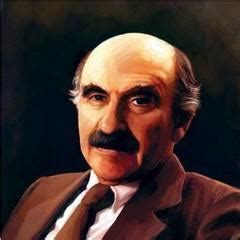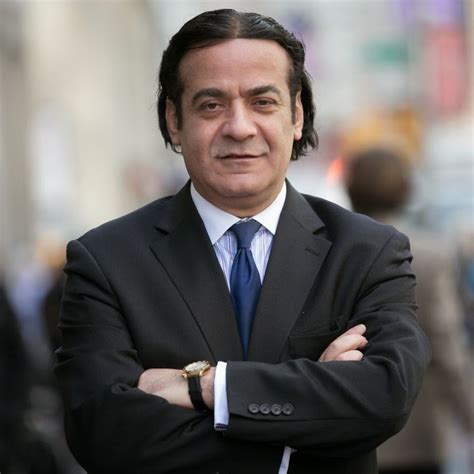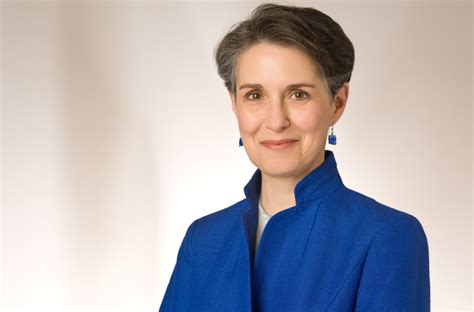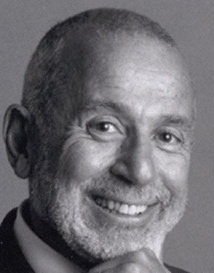A Quote by Tom Peters
The trouble with much of the advice business gets today about the need to be more vigorously creative is that its advocates often fail to distinguish between creativity and innovation. Creativity is thinking up new things. Innovation is doing new things... The shortage is of innovators.
Related Quotes
Innovation is a subset of creativity. Innovation often deals with product launches and is often relegated to the C-suite or to heads of R&D departments. Innovation requires creativity, but creativity is something that is much more broad. It applies to people at all levels of an organization. Today, we all are responsible for delivering "everyday creativity". Small creative acts that add up to big things.
The trouble with much of the advice business is getting today about the need to be more vigorously creative is, essentially, that its advocates have generally failed to distinguish between the relatively easy process of being creative in the abstract and the infinitely more difficult process of being innovationist in the concrete.
Someone once said that innovation is a done idea. I agree. I believe that creativity is the individual development and conceptualization and that innovation in an organizational sense is implementing ideas and intentions that come from that creativity. So in a sense, creativity is more a leadership function and innovation is more a managerial function.
To most observers, innovation is a solitary process that requires creativity and genius, perhaps even greatness. It can't, in their view, be managed or predicted, just hoped for and, perhaps, facilitated. But for me innovation was and still is more than that. It was a battle in the marketplace between innovators or attackers trying to make money by changing the order of things, and defenders protecting their cash flow.
Creativity and innovation are something you can’t flowchart out. Some things you can, and we do, and we’re very disciplined in those areas. But creativity isn’t one of those. A lot of companies have innovation departments, and this is always a sign that something is wrong when you have a VP of innovation or something. You know, put a for-sale sign on the door.
In the business world, there are systems and processes for just about everything else. Yet creativity and innovation, arguably THE most important aspects of progress, are often left to happen by chance. The system provides a scaffolding for creative support and exploration, yet is open enough to avoid curbing creativity or outputting cookie-cutter solutions.
The more I do this creative work teaching the "Personal Creativity in Business" course at Stanford the more I realize that business is about people in groups being creative in their own way. If business creativity does not allow individual development, then it isn't sustainable. But if business creativity means people bringing out their best and developing that, then amazing things can happen - not only for the business but also more importantly for the individual and the surrounding community.
A conditioned mind may be inventive; it may think up new ideas, new phrases, new gadgets; it may build a dam, plan a new society, and all the rest of it; but that is not creativity. Creativity is something much more than the mere capacity to acquire a technique. It is because this extraordinary thing called creativity is not in most of us that we are so shallow, empty, insufficient. And only the mind that is free can be creative.
Creativity is the generation and initial development of new, useful ideas. Innovation is the successful implementation of those ideas in an organization. Thus, no innovation is possible without the creative processes that mark the front end of the process: identifying important problems and opportunities, gathering relevant information, generating new ideas, and exploring the validity of those ideas.
It's the unlikely juxtaposition of creativity and logic which causes the wooliness and confusion around the term 'innovation'. Everybody wants to be innovative; many companies and ideas are proclaimed to be innovative and no one doubts that innovation is a money spinner. And, thus, we are all looking for the magic formula. Well, here you go: Creativity + Iterative Development = Innovation.

































